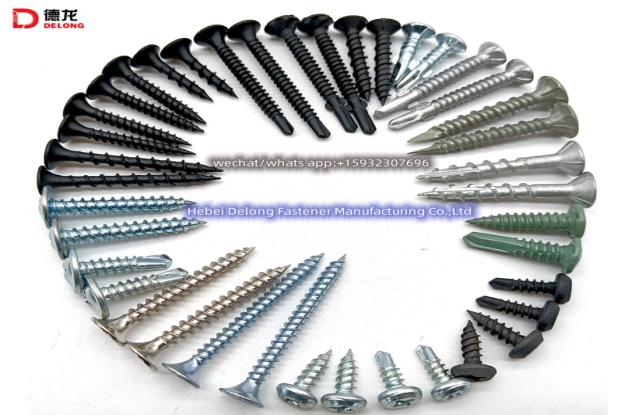Custom Flat Washers with Unique Dimensions for Various Applications
Understanding Custom Flat Washers A Comprehensive Guide
When it comes to mechanical assembly and construction, the smallest components often play a critical role in ensuring the functionality and durability of a structure. Among these components, washers—specifically custom flat washers—are integral in various applications, providing stability, vibration dampening, and weight distribution. This article delves into the significance of custom flat washers, their applications, manufacturing processes, and the benefits they offer to engineers and designers.
What are Flat Washers?
Flat washers are simple, disk-shaped components with a hole in the center, designed to distribute the load of a threaded fastener, such as a bolt or a screw. They are typically made from materials like metal, plastic, or rubber and come in various sizes and thicknesses. The primary function of a flat washer is to prevent damage to the materials being fastened, mitigate loosening due to vibration, and provide a flat bearing surface.
The Importance of Customization
While standard flat washers may meet the requirements of many projects, there are instances where custom solutions are necessary. Custom flat washers are designed to meet specific dimensions, materials, and performance criteria required by unique applications. Factors such as the environment in which the washer will be used, the type of load it must support, and any specific aesthetic considerations can necessitate a custom design.
Custom flat washers can be designed to accommodate unique sizes, shapes, and hole configurations that standard washers cannot provide. This ensures that they fit perfectly into a specific assembly, enhancing the overall performance and longevity of the product.
Applications of Custom Flat Washers
Custom flat washers have a wide range of applications across various industries, including
1. Automotive Industry In automotive assemblies, custom washers can be employed to secure components like engines, suspensions, and body panels, ensuring that they remain intact against the vibrations and forces during operation.
2. Aerospace In aerospace engineering, the reliability of components is paramount. Custom washers are crucial in securing fasteners in high-stress environments, ensuring that safety standards are met.
3. Construction Flat washers are widely used in construction to support heavy machinery and structural components. Custom washers can be tailored to distribute loads effectively across various materials.
custom 1 1 2 flat washer

4. Electronics In electronic devices, custom flat washers are used to prevent short circuits and provide insulation. Their specific designs can accommodate unique electronic components while maintaining structural integrity.
5. Manufacturing Custom flat washers play a role in assembly line manufacturing, where they help ensure that products are built to precise specifications.
Manufacturing Process
The manufacturing of custom flat washers involves several key steps
1. Material Selection Depending on the application, the appropriate material (metal, plastic, rubber) is chosen based on factors such as strength, temperature resistance, and corrosion resistance.
2. Design and Prototyping Engineers will create a detailed design of the washer, often using CAD software to ensure that all dimensions and specifications are met. Prototyping may occur to test the washer’s performance under real-world conditions.
3. Production Custom flat washers can be produced through various methods, including stamping, laser cutting, and CNC machining. The choice of method depends on the material and the complexity of the washer's design.
4. Quality Control After production, custom flat washers undergo rigorous testing to ensure they meet the required specifications and quality standards.
5. Finishing Depending on the application, custom washers may undergo finishing processes such as coating, plating, or polishing to enhance durability and appearance.
Conclusion
Custom flat washers are a crucial element in the reliability and performance of mechanical assemblies across myriad sectors, from automotive to aerospace. Their tailored designs not only ensure proper load distribution and prevent material damage but also cater to specific application needs, enhancing overall functionality. By understanding the importance and versatility of custom flat washers, engineers and designers can make informed decisions to optimize their projects and achieve quality outcomes. In a world where precision is paramount, investing in the right components—such as custom flat washers—can significantly impact product success and longevity.
-
Top Choices for Plasterboard FixingNewsDec.26,2024
-
The Versatility of Specialty WashersNewsDec.26,2024
-
Secure Your ProjectsNewsDec.26,2024
-
Essential Screws for Chipboard Flooring ProjectsNewsDec.26,2024
-
Choosing the Right Drywall ScrewsNewsDec.26,2024
-
Black Phosphate Screws for Superior PerformanceNewsDec.26,2024
-
The Versatile Choice of Nylon Flat Washers for Your NeedsNewsDec.18,2024










